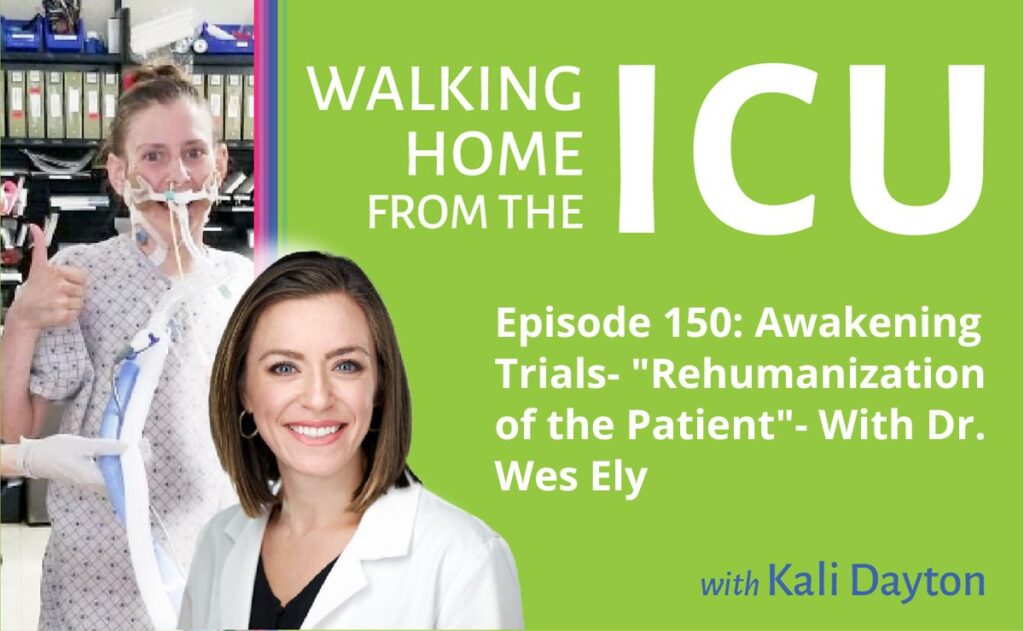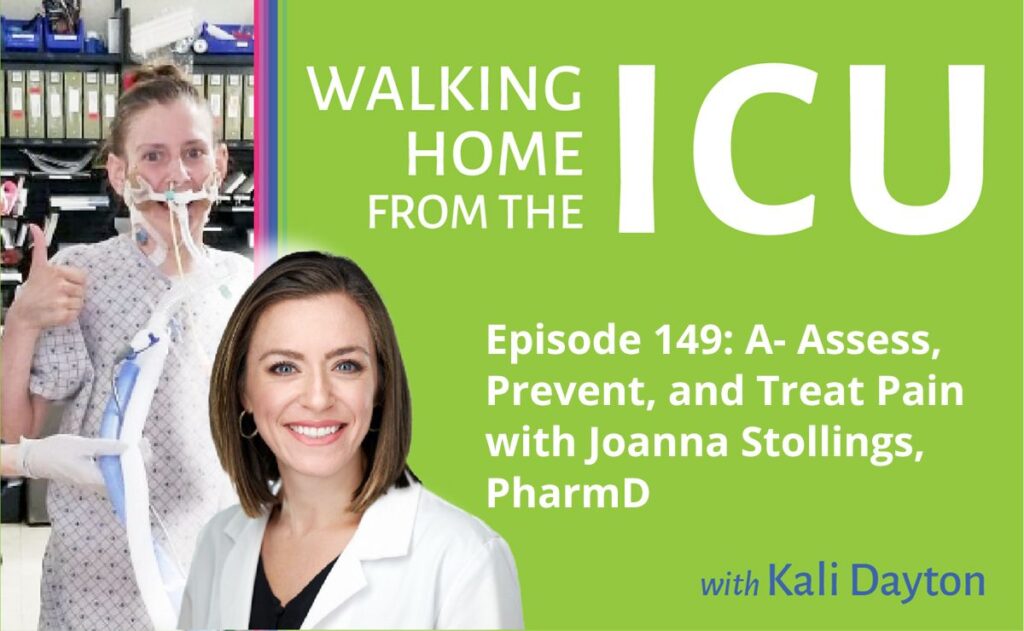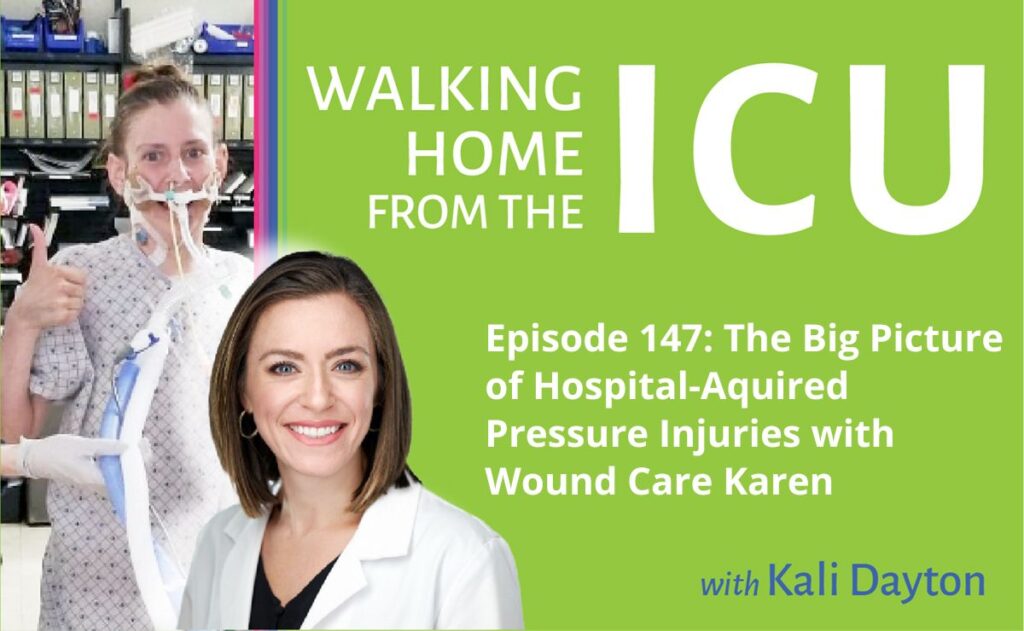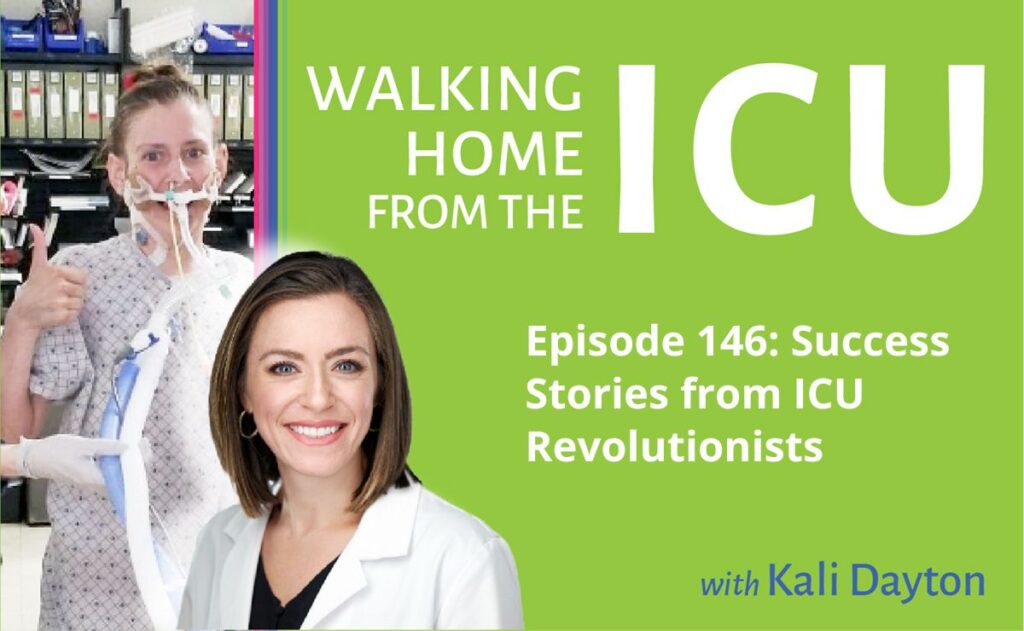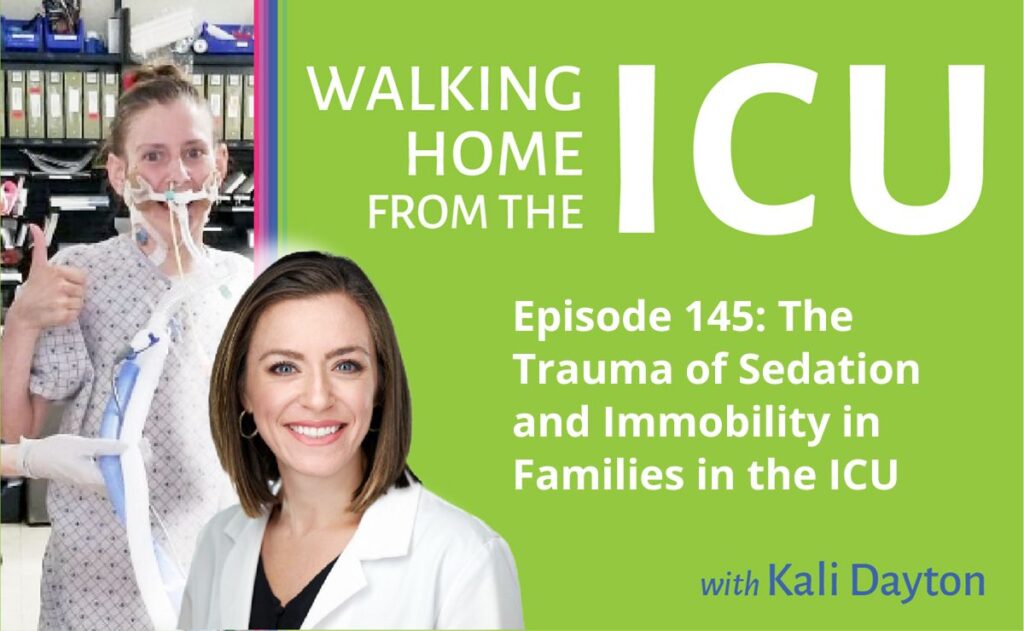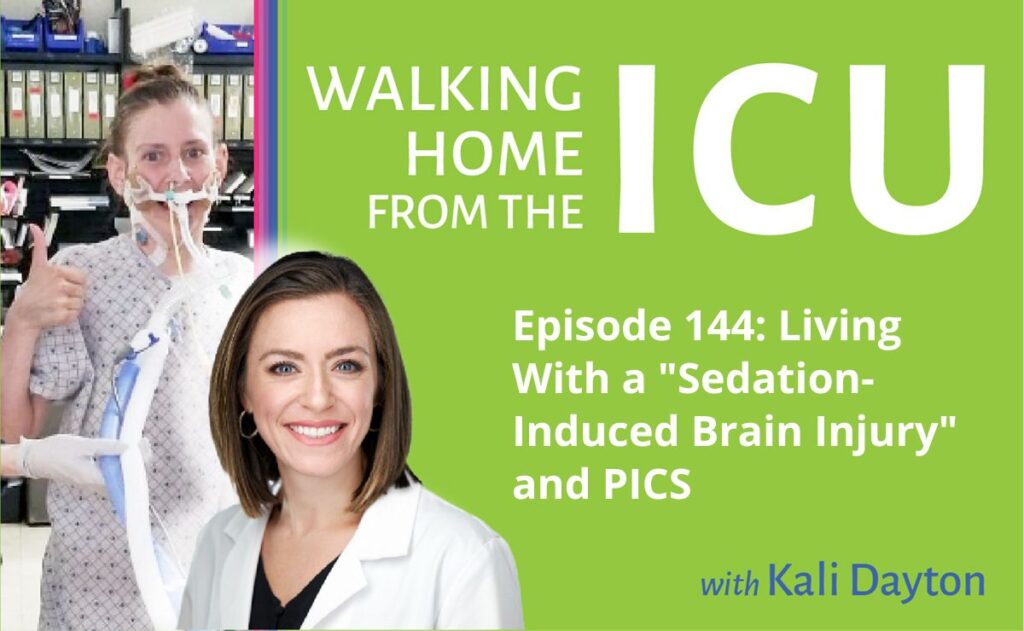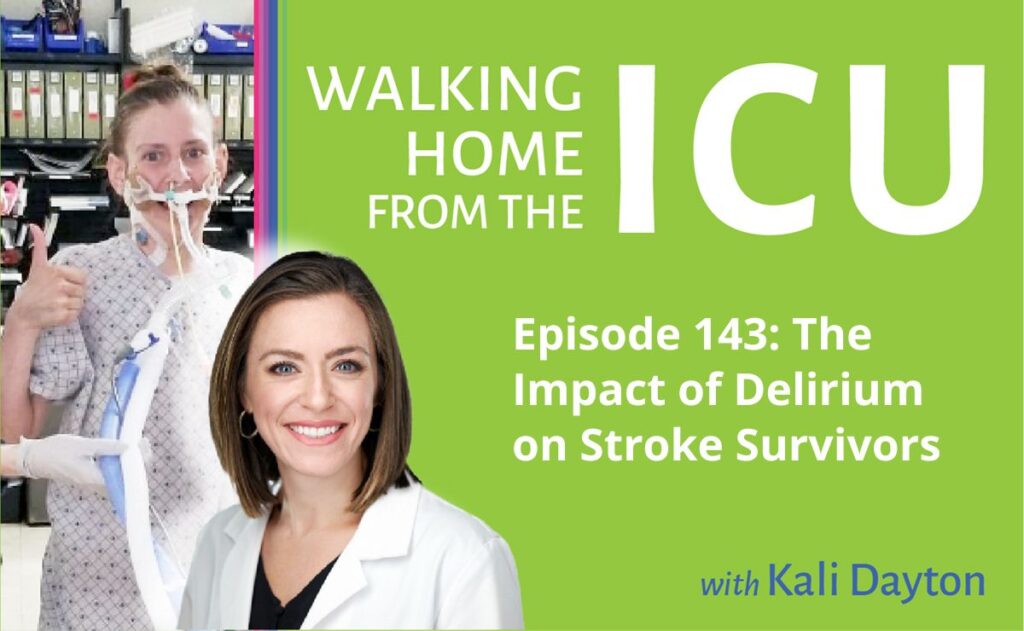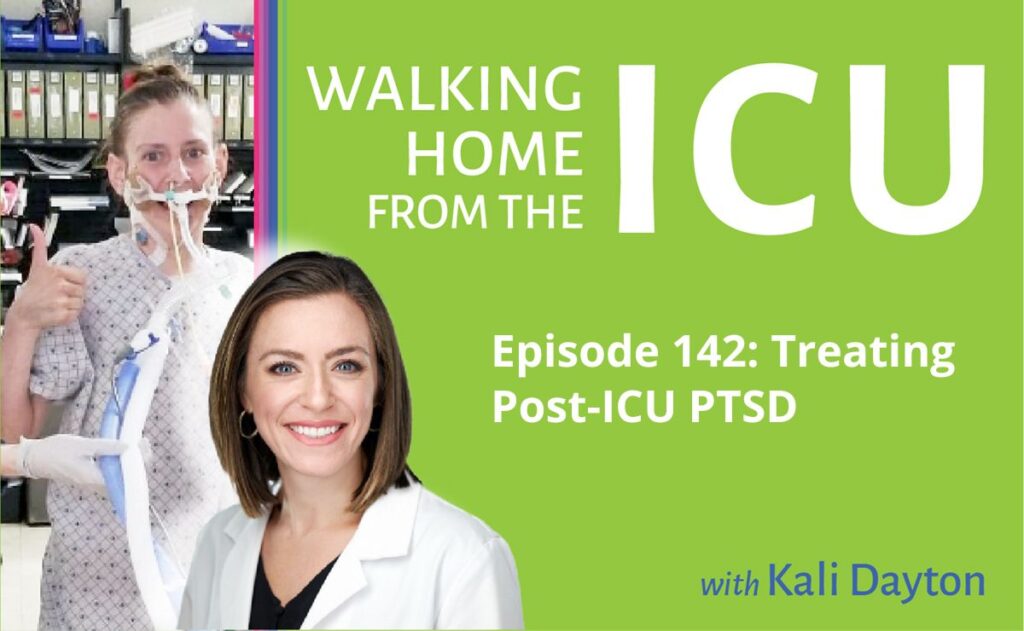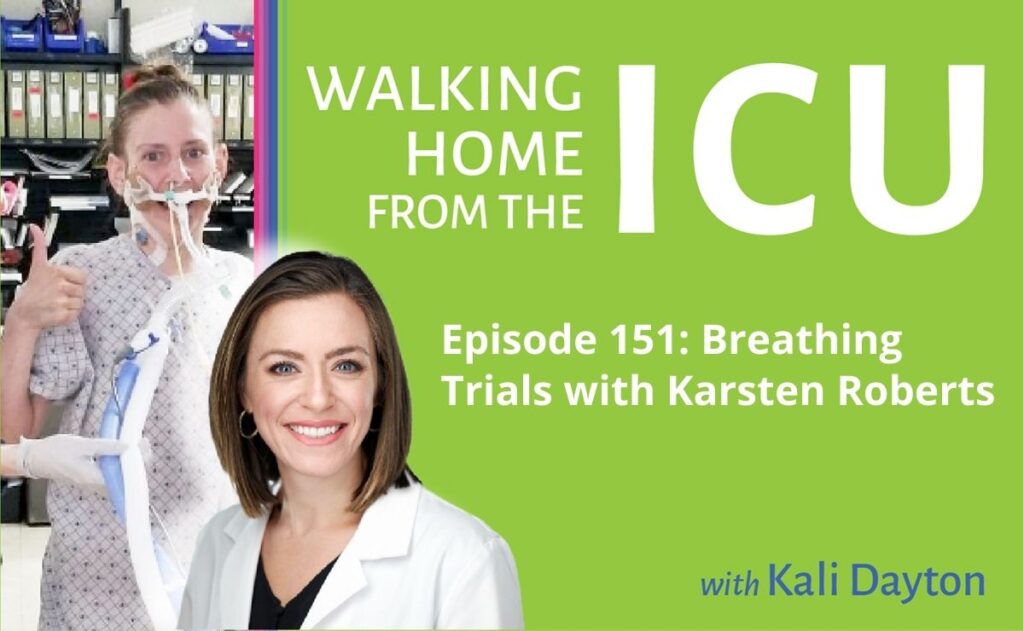
Walking Home From The ICU Episode 151: Breathing Trials with Karsten Roberts
Are awakening trials just for breathing trials? How do we set patients up for successful breathing trials to minimize time on the ventilator? What role does sedation and mobility play into prompt liberation from mechanical ventilation? Karsten Roberts, MSc, RRT, FAARC joins us now to dive deep into spontaneous breathing trials in the ABCDEF Bundle.
Learn More > from Walking Home From The ICU Episode 151: Breathing Trials with Karsten Roberts
